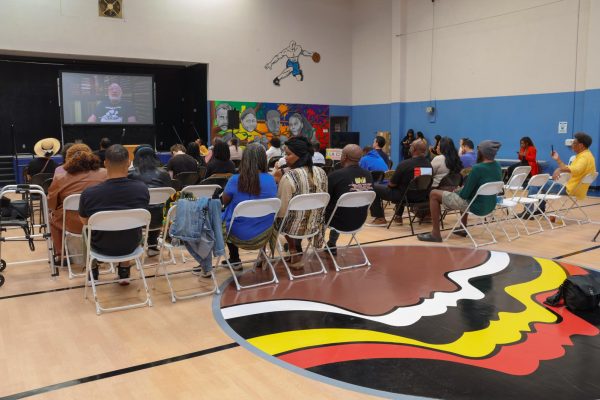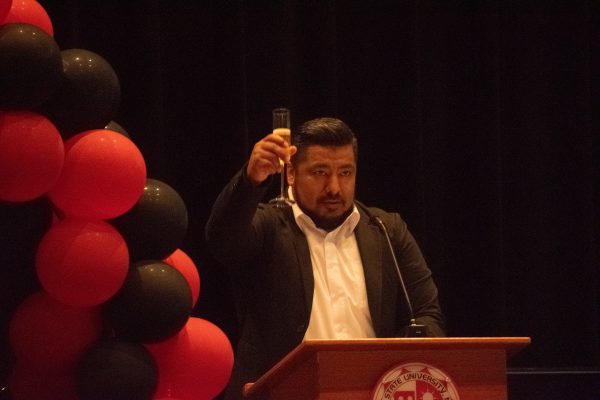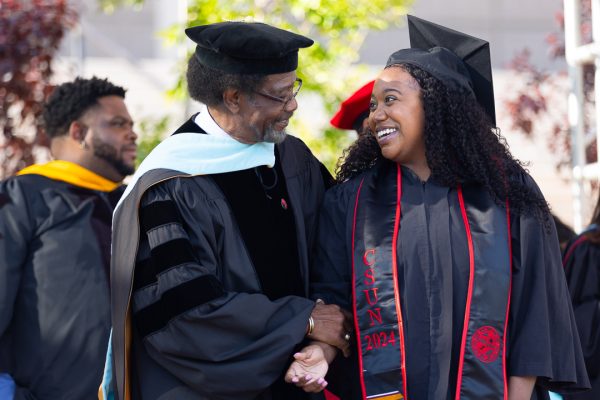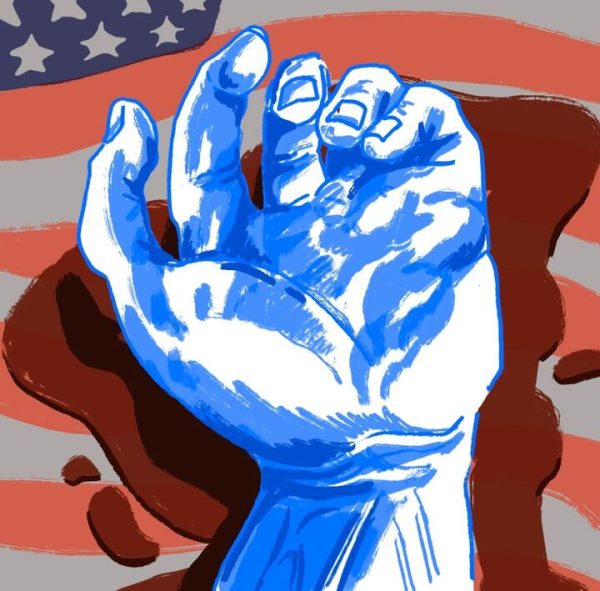Opinion: The “me” in Meme
Illustration courtesy of DISNOVATION.ORG
December 15, 2021
From Pepe the Frog to the Arthur Fist, millions of memes are shared on the internet every day. There’s no doubt that memes have rapidly grown to be a fundamental part of social media, but what do the kind of memes we share say about us? And what do they say about human culture in general?
To understand the effects memes have on our culture and what they say about us as consumers, we must understand their roots. The word meme was first introduced in 1976 by Richard Dawkins, deriving from the Greek word “mimeme,” meaning something imitated.
Dawkins mixed the Greek word with the word gene in his book “The Selfish Gene.” He used the word to describe a cultural idiom, like ideas and catchphrases. Dawkins believed that these cultural idioms went through a similar natural selection as Charles Darwin had explained in his theory of evolution. Therefore, memes are a new type of evolution.
While Darwin spoke about biology in animals and plants, his theory sparked curiosity on human evolution. Both genes and memes need a functioning platform that allows them to reproduce. Therefore, genes were the perfect analogy of a meme’s function.
For a meme to develop and actually reproduce itself, it must have three important factors: longevity, fecundity and copy fidelity. Dawkins believed that these three factors measured its impact and reproduction.
If a meme has all of these factors, it can even become popular enough to become a campaign or ad. This idea has now become culturally accepted and adopted.
I believe that the reason memes have become so popular is because of the fear of isolation, meaning that consumers fear expressing their personal views and controversial opinions out of fear of unpopularity. Sharing an opinion that may lead to isolation is a worry many people have.
Memes allow consumers to express their opinions on certain topics without directly expressing their opinions. When we share on social media, we also share how we feel about that topic.
Sharing has now become an umbrella term. It could be you uploading a picture, commenting on a topic, or resharing a post. It has become a principle of digital culture, one that is especially popular among partisans.
In a study done on the 2019 Canadian elections, researchers at Concordia University observed partisan Facebook groups. The groups were studied for four weeks and their moderators interviewed. Researchers found that memes weren’t made to persuade voters, but instead to reinforce existing political identities. Liberal and social-democratic groups mainly shared popular culture memes, while political-Right groups typically made memes using their own lingo.
These are called echo chambers, closed environments in which only information and opinions that reinforce a person’s preexisting bias are transmitted. User’s confirmation bias blocks them from receiving information that challenges their own personal beliefs.
At the rise of the digital age and the rapid evolution of memes, misinformation sneaks in. Memes have allowed any idea to become popular, no matter if it’s good or bad, true or false. If a meme is popular, it’ll spread.
Memes becoming a form of communication have resulted in fewer people getting their information from credible sources. The role of a free press has never been more important. Users need help distinguishing between false and verified information. They also need help building news literacy skills in an age where anyone is allowed to publish online.
A free press allows journalists to provide consumers with fact-based and credible information. Creating news literacy skills like fact-checking, verifying sources, and reverse image searching can help counter the spread of misinformation.
While there’s no disagreement that memes still provide us with laughter and satisfaction, their rapid reproduction is what causes concern. It’s critical to only share true and verifiable information online.










